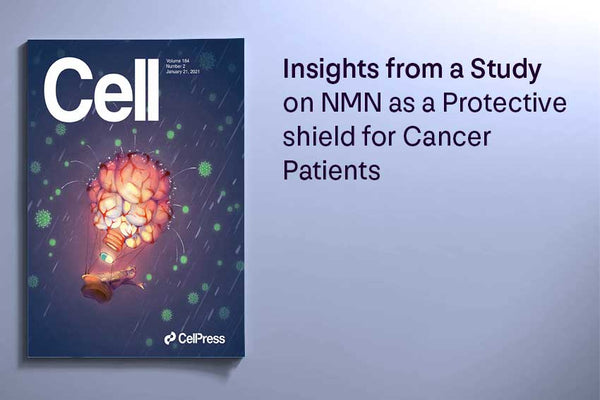
In 2022, a study published in the journal "Cells" shed new light on how Nicotinamide Mononucleotide (NMN) could provide a protective shield against heart toxicity and physical dysfunction for cancer patients undergoing specific treatments. The research, executed by Marielle Margier and her team, was built around the challenges posed by Doxorubicin (Doxo), a potent cancer-fighting drug noted for its unwelcome side effects. The study can be found here.
Doxo, while widely deployed in oncology, is a double-edged sword as it has long been linked to detrimental side effects which surface in dose-related manner. One of the significant pitfalls of Doxo is cardiotoxicity, an adverse reaction that can lead to severe heart conditions. Given the crucial role of the heart, any threat to its well-being usually translates into overall physical debilitation. Thus, it becomes vital to find ways to offset such negative reaction threatened by potential life-saving treatments like Doxo.
For this study, Margier and her team tested the potentially protective role of NMN against Doxo-triggered complications on two levels: acute and chronic. To do this, they used a group of mice (B6). For the experiment's acute phase, the researchers injected a single dose of Doxo (20 mg/kg) combined with NMN in daily doses of (180 mg/kg/day) for five days both before and after the Doxo intervention. For the study's chronic phase, the mice received cumulative Doxo doses combined with NMN, which was added to the mice's drinking water for sixty days following the first Doxo injection.
The findings highlighted that NMN effectively increased the tissue levels of NAD+, a key co-enzyme involved in producing cellular energy. NMN administration also resulted in an improvement in survival rates, body weight loss, and provided protection against Doxo-induced cardiotoxicity and loss of physical function. To solidify the results, further examination on the heart indicated that NMN also offset Doxo-induced transcriptomic changes related to various biological pathways linked to cellular health.
In conclusion, the findings imply that NMN could potentially be a protective measure against Doxo-induced heart and muscle toxicity. Thus, NMN may one day be a viable solution in preventing or at least reducing the cardiotoxic effects of Doxo, offering cancer patients more holistic and less physically taxing treatment options.
Key Takeaways:
- Both acute and chronic Doxo administrations can lead to harmful side effects, including but not limited to heart complications and physical dysfunction.
- The administration of NMN showed promising outcomes in offsetting these adverse effects of Doxo.
- NMN enhanced the tissue levels of NAD+, a critical co-enzyme involved in energy production in cells.
- The study highlighted an improvement in survival rates and body weight loss upon NMN administration.
- NMN showed potential in providing protection against Doxo-driven cardiotoxicity and loss of physical function.
- NMN stands to be perceived as a protective aid against Doxo-induced transcriptomic changes related to cellular health pathways.
- The promise held by NMN may see its incorporation in cancer treatment plans to provide a more holistic and less physically demanding experience for patients.
